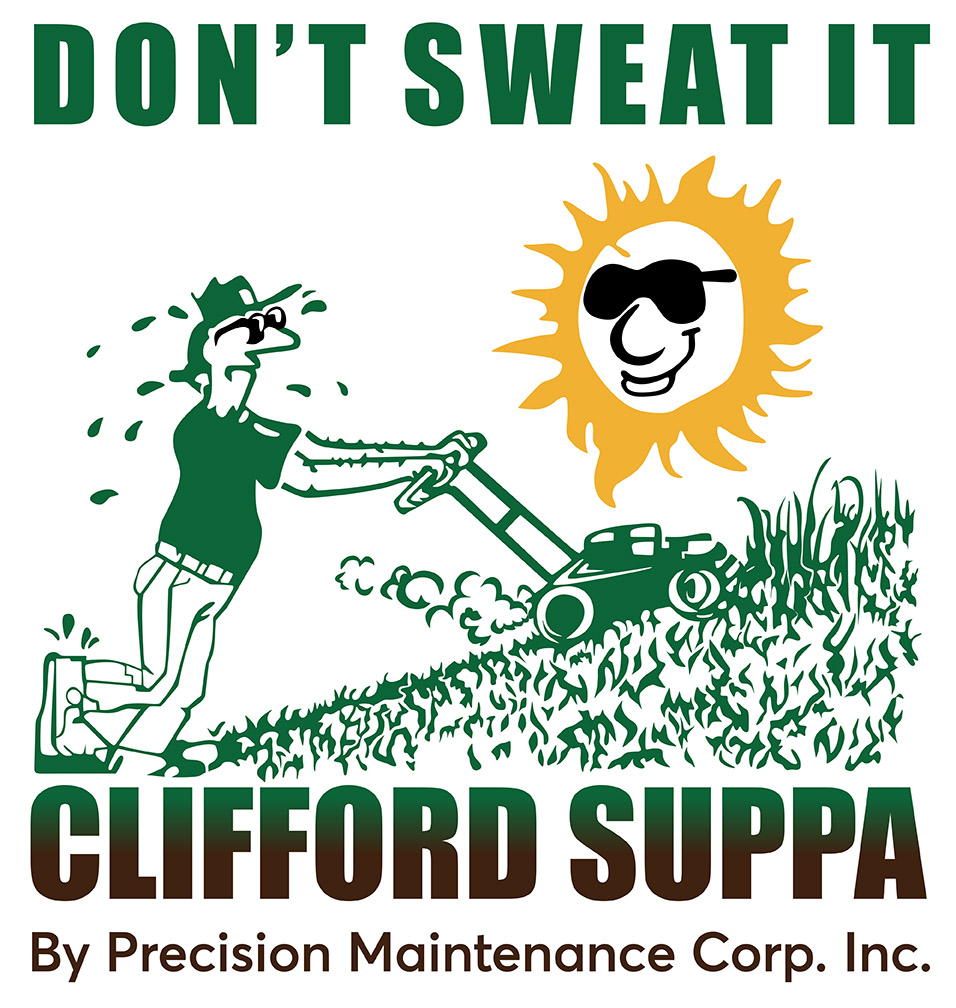When growing a garden (or any type of plant, really) you’re likely to come across some pests that make growth difficult to sustain. These pests can come in many shapes and sizes. Without proper control, weeds, crabgrass, nutsedge, insects, fungi, and more can become unwanted stowaways in your garden.
In many cases, you’ll be able to control for these pests without taking drastic measures, but occasionally you’ll need to resort to more extreme measures to get the job done. In those extreme cases, you should consider applying various pesticides to your garden.
Many people lump all pesticides together, but did you know there are many different types of pesticides that each have their own special function? Some common forms of pesticides include herbicide, insecticide, and fungicide.
Herbicides
Weeds can be incredibly annoying pests to find in your garden. It seems like no matter how many times you pull those weeds up, they always manage to grow back! One of the reasons for this is that many weeds have evolved to have powerful seed distribution methods and were designed by nature to spread their seeds and thrive in the harshest conditions. This can make it tough to make a lasting impact on your weed problem.
Weeds can become a big problem if left unchecked. This is because weeds, crabgrass, and nutsedge can absorb the nutrients in the soil before your precious plants have a chance to and may also make your plants more susceptible to diseases. If you have weeds that seem to want to stick around, you might want to consider an application or two of an herbicide.
Herbicides are pesticides that are specifically formulated to eliminate unwanted plants like weeds, crabgrass, and nutsedge. There are special herbicides called selective herbicides that are designed to kill specific types of weeds which is great in cases where you’re worried about the larger impact of pesticides on plant life in the sprayed area. These special herbicides allow you to spray your garden with an herbicide that will only target and kill the weeds that are causing trouble.
In addition to selective herbicides, there are also non-selective herbicides. These will kill most plants in the vicinity and are not great choices if you have other plants, you’d like to keep alive.
Insecticides
You many also find your garden plagued with different kinds of pesky insects. In some cases, insects can wreak havoc on your plants and can kill them. In these cases, you may want to consider using an insecticide on your garden.
Insecticides should always be used with great caution and attention to detail, however, because they cannot only be harmful to humans and animals but can also have a negative impact on entire ecosystems. Precision Maintenance by Clifford Suppa and Jhesse Jones only uses 100% organic insecticides for your safety as well as our applicators health.
Fungicides
Fungi can also be a big problem for plant growers. There are many fungi that are parasitic and can kill your plants if not controlled early on. In these cases, using a fungicide will help control your issue and keep your plants thriving and happy.
When it comes to fungicides, there are several options: organic or inorganic. The difference between these two types of fungicides is that the organic ones contain the chemical compound of Carbon while the inorganic ones do not. Inorganic options may use other compounds instead like copper or sulfur.
Pesticide Applications
The most common way to apply pesticides to your garden is by spraying them using a spray tank or something similar. This method allows you to target very specific areas and focus on eradicating the pests that are causing the most harm.
When spraying fungicides or pesticides, it’s very important to do so as safely as possible. This will protect any humans, pets, or wildlife that may interact with the area. Over-spraying pesticides or fungicides is never a good idea because you can damage the environment and cause pesticide resistance in certain weeds or fungi. Pesticide and fungicide resistance could lead to an even worse pest problem that you can’t solve with pesticides, so it’s best to control the amount you spray and how often.
In some cases, you can also apply pesticides directly to seeds before planting them in your garden or crops.
Why You Should Use a Professional For Pesticide Application
Pesticide application is a very delicate and tricky thing that can have far-reaching consequences if not done correctly. Pesticides are poisons and should always be handled with care. Additionally, it can be difficult to figure out the best pesticide without extensive knowledge and experience.
To ensure that your pest problem is correctly handled, consider working with Precision Maintenance by Clifford Suppa and Jhesse Jones for your pesticide and fungicide application needs. Proudly serving Rockville Centre, Baldwin, Oceanside, and Wantagh, in Long Island New York, Precision Maintenance is a team of professionals with extensive experience and attention to detail. Our masterful employees will help you select the right pesticide for your situation and can apply it expertly.

Get Started with your FREE ESTIMATE!
The FASTEST way to get a FREE Estimate
is to call us at 516-416-9007
The FASTEST way to get a FREE Estimate
is to call us at
516-416-9007

